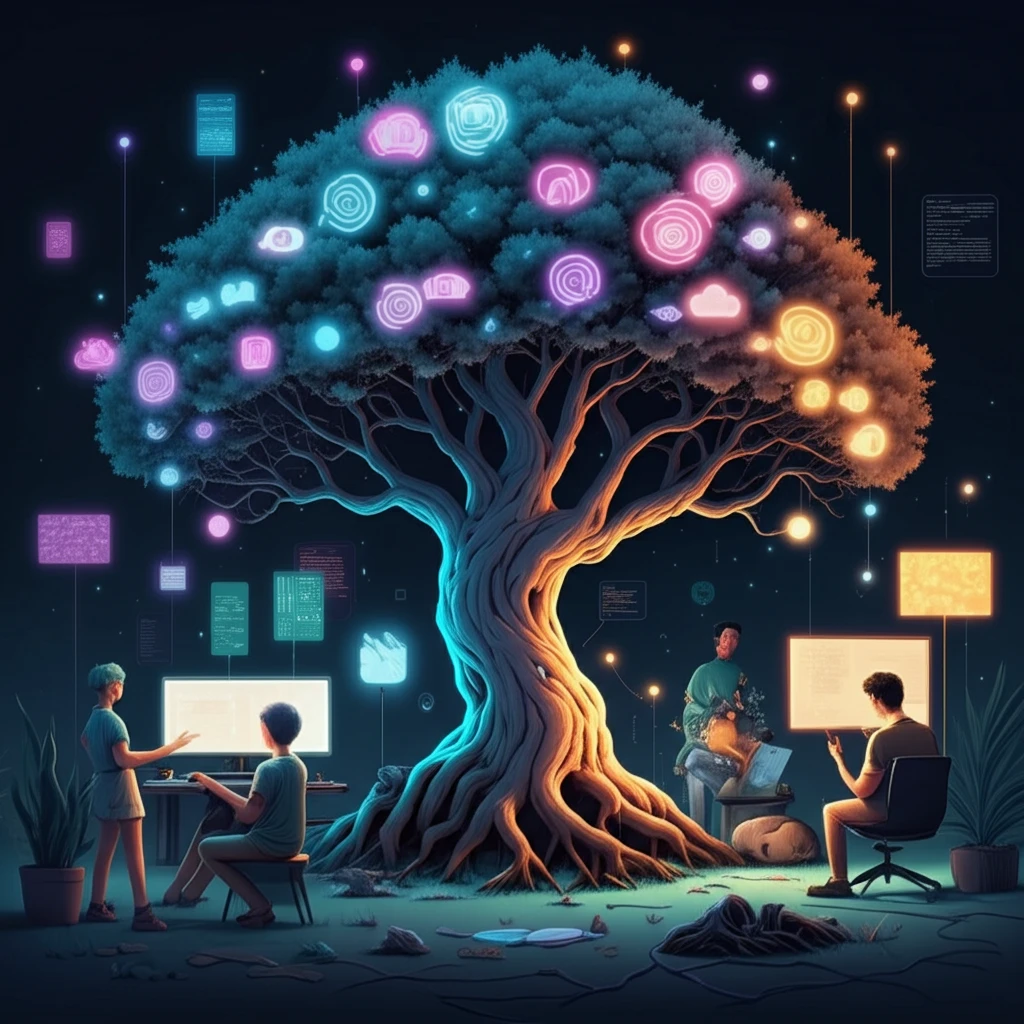
Decoding the Personalities Behind Open Source: How Understanding Developers Can Build Better Teams
"Uncover how personality traits influence developer contributions in open-source projects and what it means for team building."
Large-scale distributed projects, like those in the open-source world, thrive on the collective efforts of diverse developers, each bringing a unique personality to the table. Understanding these personalities isn't just an abstract exercise; it's a key to unlocking better collaboration, smoother workflows, and ultimately, more successful projects.
Recent research has delved into the personality traits of developers in open-source software (OSS) projects, viewing them as extreme examples of distributed collaboration. These projects, often without a central authority, rely heavily on the interactions and contributions of individuals with varying personalities. The goal? To see how these traits influence their behavior, contributions, and overall project dynamics.
By analyzing data from the Apache Software Foundation (ASF) projects, this research sheds light on how developers' personalities evolve over time, whether personality traits differ between core and peripheral contributors, and if certain traits make developers more likely to become active participants.
How Developers' Personalities Evolve in Open Source

One of the most interesting findings is that developers' personalities tend to shift over time as they become more involved in open-source projects. Specifically, developers often become more conscientious (organized and diligent), agreeable (cooperative and empathetic), and neurotic (prone to worry and stress).
- Conscientiousness: Developers become more organized, responsible, and detail-oriented as they contribute to projects. This might stem from the need to manage code effectively and meet project deadlines.
- Agreeableness: Developers show more empathy, cooperation, and trust. With increased interactions within a project, being more agreeable can facilitate smoother collaboration and conflict resolution.
- Neuroticism: Developers become more prone to worry, self-consciousness, and stress. Deadlines and constant scrutiny from other developers online can increase stress levels.
The Bottom Line: Building Better Teams Through Personality Insights
Understanding the personalities within open-source teams can significantly improve collaboration and project outcomes. By recognizing how developers' traits evolve and influence their contributions, project managers and team leaders can create more supportive, efficient, and harmonious environments. As the world of software development continues to rely on distributed and collaborative efforts, these insights will become increasingly valuable in building successful and innovative teams.
